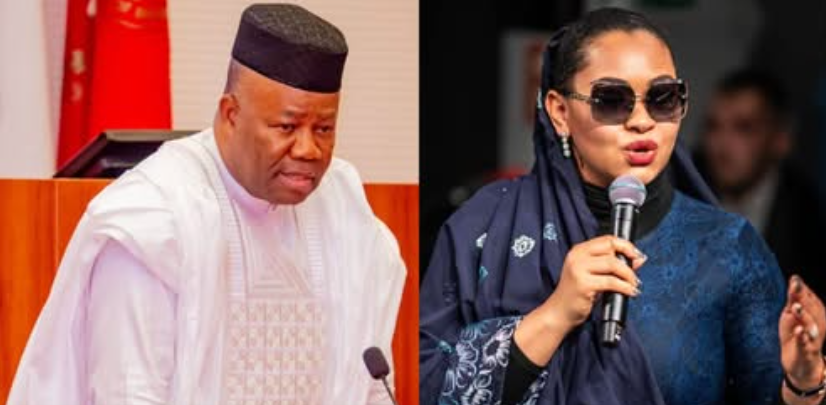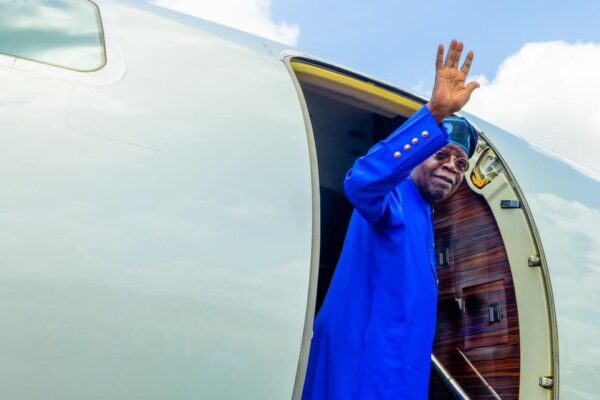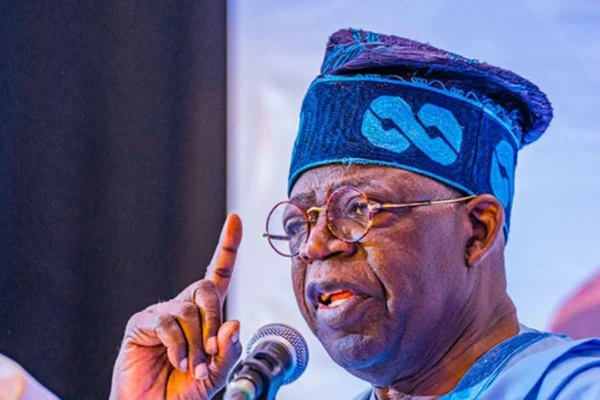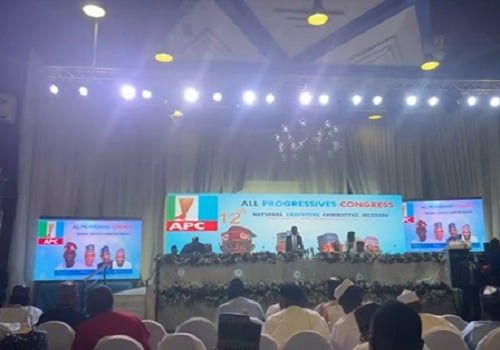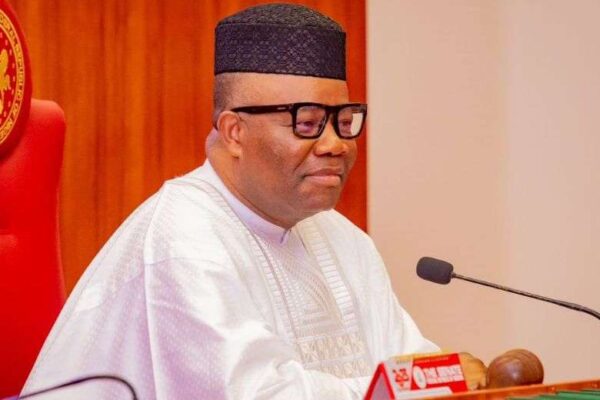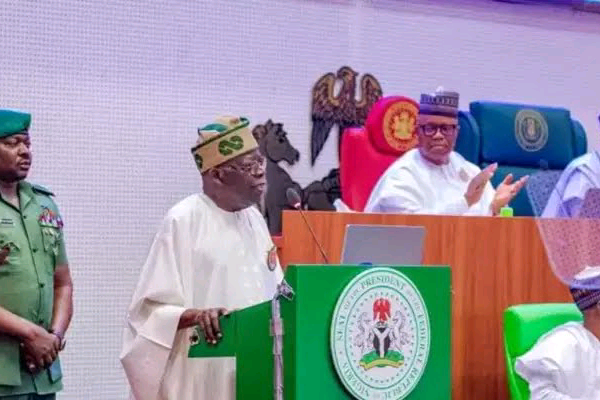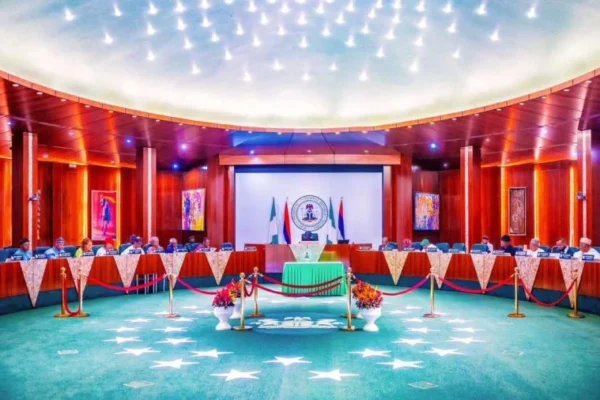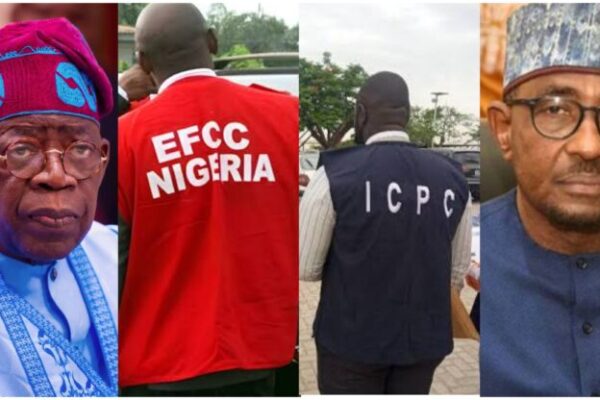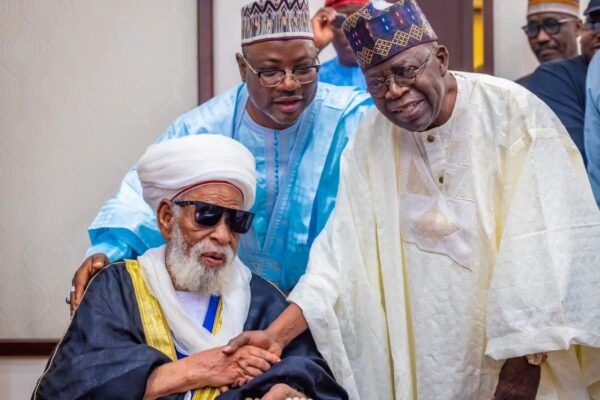
Tinubu Approves Renaming Of Federal University Of Medical Sciences Azare After Sheikh Dahiru Bauchi
President Bola Ahmed Tinubu has approved the renaming of the Federal University of Medical Sciences, Azare, in honour of the late Islamic scholar, Sheikh Dahiru Usman Bauchi. The decision was announced on Saturday during the president’s condolence visit to the Bauchi State Government and the family of the deceased cleric. Tinubu described Sheikh Dahiru as a man devoted to humanity, whose teachings and life were guided by faith and service to Allah. “From today onward, I announce the change of name to immortalise him from the Federal University of Medical Sciences, Azare, to be known as Sheikh Dahiru Usman Bauchi University.” The president also reflected on the cleric’s legacy, calling on Nigerians to uphold the values he stood for while offering prayers for national peace, unity, and development. “We all came from the Almighty Allah and we will return to Him. And the best thing for us is to continue to pray for peace, stability of our country, for economic prosperity, development, and to live the values that he left behind. “May Allah grant him Al-Jannah Firdaus. May God continue to keep all of you safe, keep our country together, give us peace and prosperity.” Bauchi State Governor Bala Mohammed praised the president for personally visiting the state, describing the gesture as a sign of deep respect for the late cleric, his family, and the people of Bauchi. He noted that the visit followed the earlier delegation of Vice President Kashim Shettima to the burial rites, reflecting the president’s close regard for Sheikh Dahiru. “We are really grateful and delighted for this visit.” Speaking on behalf of the family, Bashir Sheikh Dahiru-Bauchi expressed appreciation to the president for sending a high-powered delegation to the funeral prayers and for personally condoling with them. After the condolence visit, Tinubu left Bauchi through the Sir Abubakar Tafawa Balewa International Airport and proceeded to Lagos.

